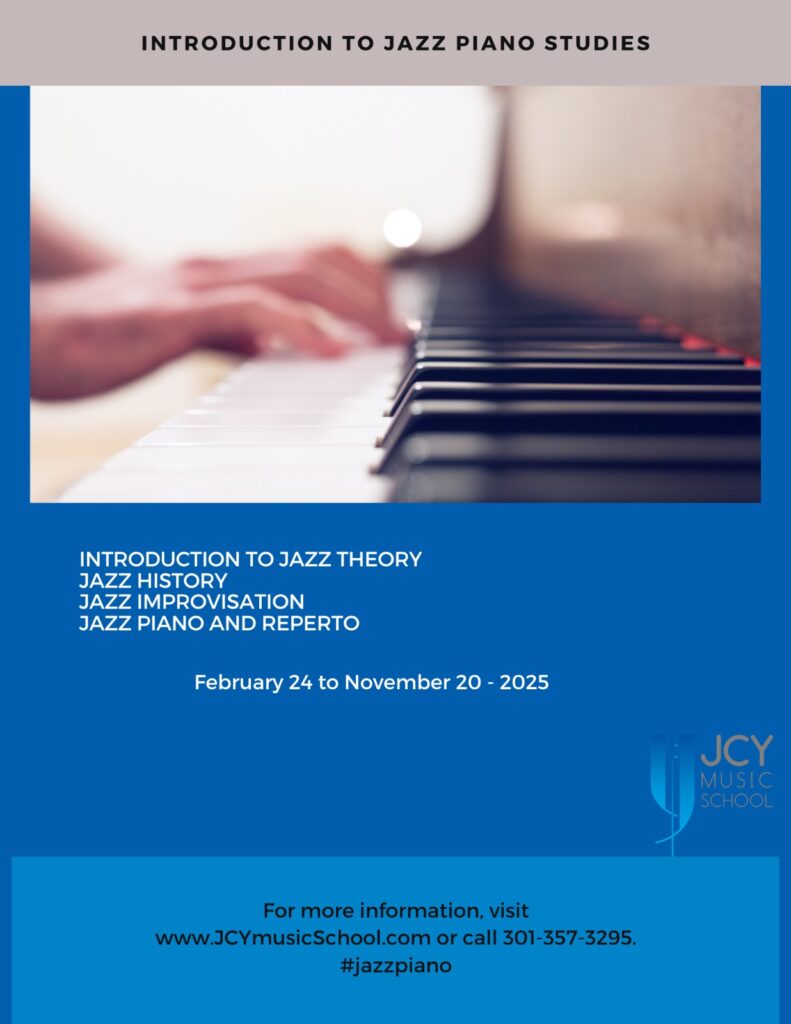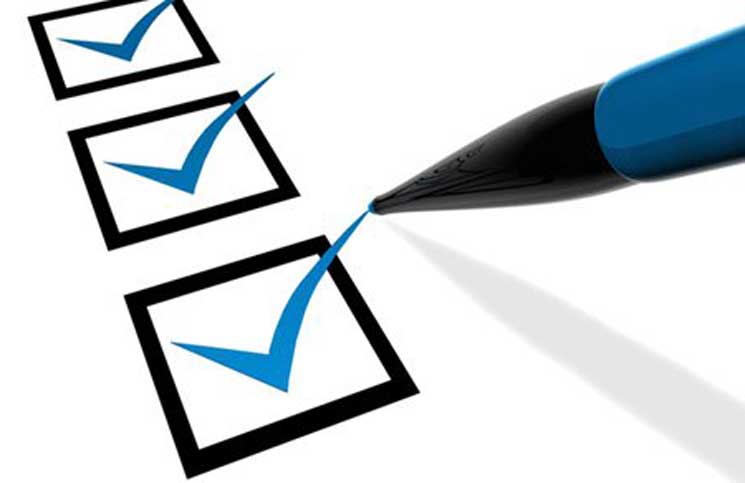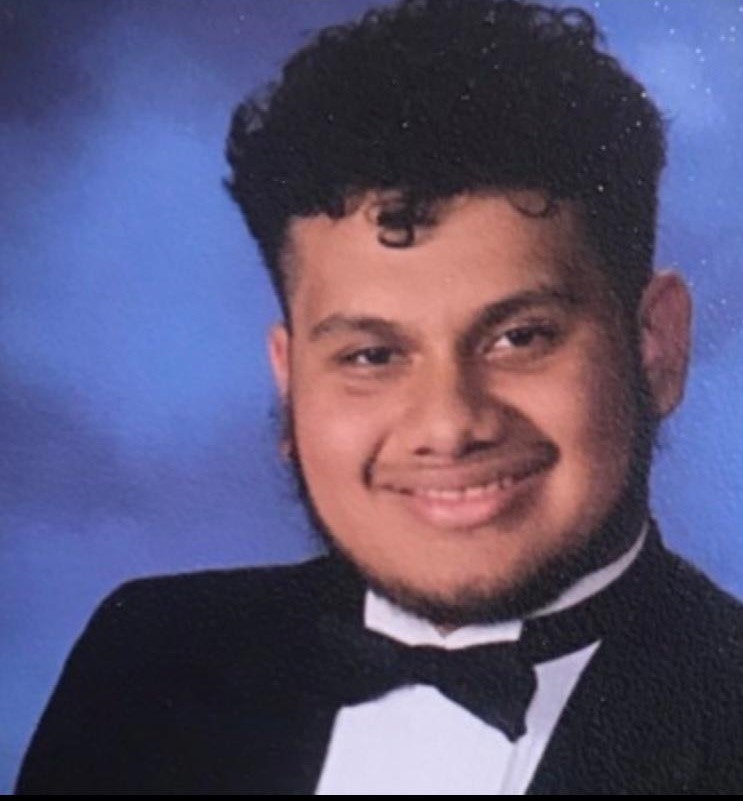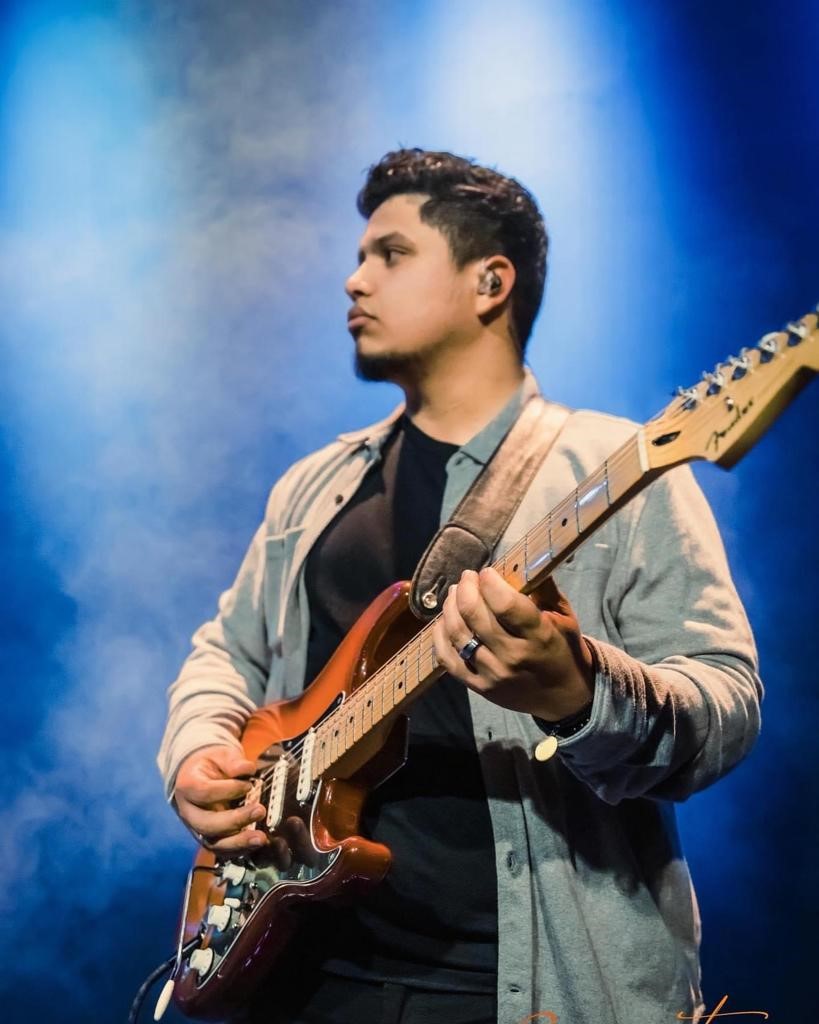February 24 to November 20, 2025

Course Description:
This course introduces students to the fundamental concepts of jazz theory. Students will learn about the harmonic, melodic, and rhythmic idioms. The material covered will give students a grasp on how to approach understanding Jazz.
Course Objectives
Course Description:
This course covers the early roots of jazz music up into the modern 21st century. Students will have an overview of the multiple key figures, cultural changes, and the social impact jazz music has had in America.
Course Objectives
Course Description:
This course is designed to develop improvisational skills in the jazz. Students will develop these skills by playing in different combinations of ensembles as well as stand-alone soloist. Transcription and application of concepts learned in other jazz classes will be crucial in this course.
Course Objectives:
Course Description
This course is designed to develop skills in students needed for playing jazz piano as well as developing their repertoire. Students will work one on one with their instructor.
Course Objectives:

Prerequisite Courses, Knowledge, and/or Skills
Completion of Intermediate Keyboard or equivalent knowledge and experience is required. You should be able to read notes in bass and treble clef and understand basic rhythmic notation; have a basic knowledge of music theory, including major scales, triads, and basic seventh chords; and be able to record your performances with provided play-along tracks.
NON CREDITS: $10,000.00
Henry Chavez
Jazz pianist, composer, and arranger. Pianist for the Towson Jazz Orchestra as well as other Baltimore based Jazz big bands and groups. Mainly plays with his jazz trio called “Henry’s trio” in the DMV area. He also has experience playing in gospel, CCM, and modern day church music.
Fayber S Rodriguez
Studies
University of Maryland, Baltimore County Baltimore, Maryland
Bachelor of Arts in Music Composition December 2022
Montgomery College Rockville, MD
Certificate: Jazz Studies Dec. 2016

Teaching Skills
Music Skills
Ensemble Experience